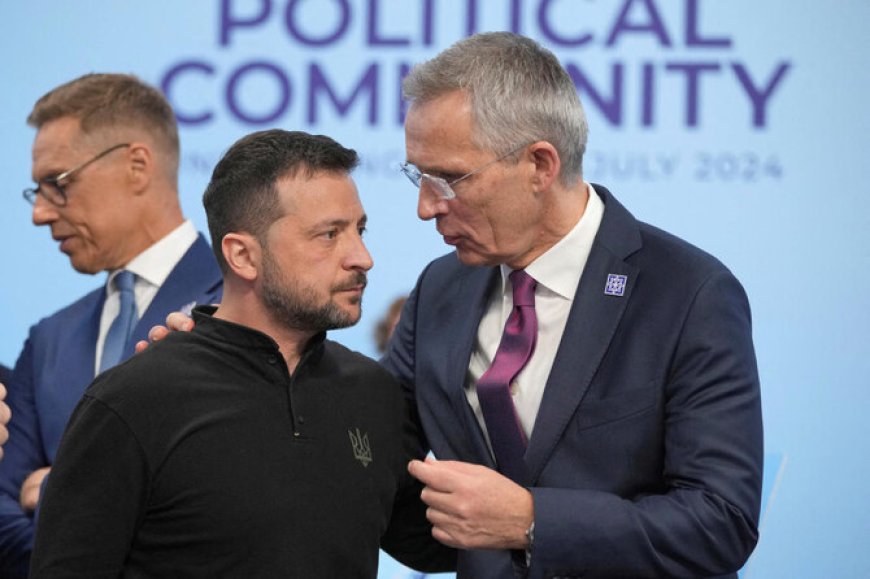NATO Chief Backs Ukraine's Surprise Offensive in Russia's Kursk Region

NATO Secretary General Jens Stoltenberg has expressed support for Ukraine's recent military offensive in Russia's Kursk region, emphasizing that Ukraine is within its rights to defend itself, even beyond its borders. Stoltenberg's remarks were published in an interview with the German newspaper Die Welt on Saturday.
The offensive, which began on August 6, took both the Kremlin and Kyiv's Western allies by surprise. Ukrainian forces reportedly captured dozens of settlements and over 1,200 square kilometers (approximately 500 square miles) of territory in the border region. Stoltenberg affirmed that the Russian military targets in Kursk, including soldiers, tanks, and bases, are legitimate under international law.
"Ukraine has a right to defend itself. And according to international law, this right does not stop at the border," Stoltenberg stated. He also clarified that NATO was not involved in the planning of the operation, noting that Ukraine did not consult the alliance before launching the attack.
The offensive has sparked discussions among Ukraine's allies, particularly regarding the extent of their support for actions taken within Russian territory. Despite the surprise, Stoltenberg welcomed Germany's continued commitment to military aid for Ukraine. As Berlin faces criticism over proposed budget cuts to its aid for Kyiv next year, Chancellor Olaf Scholz has reaffirmed that Germany will remain Ukraine's largest European military donor and the second-largest worldwide.
While the Kursk offensive has captured significant territory, it has not drastically altered the broader dynamics on the eastern front, where Russian forces continue to claim incremental gains. Ukrainian President Volodymyr Zelensky acknowledged the challenges his forces face, particularly near the strategic hub of Pokrovsk in the Donetsk region, where Russian troops are advancing.
The situation remains fluid, with both sides engaging in intense battles as the conflict continues to evolve













































